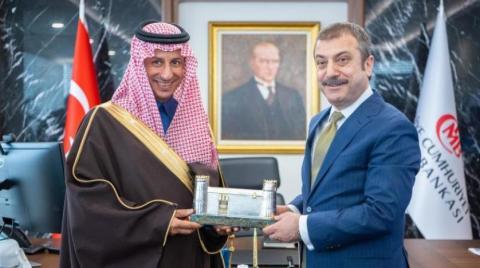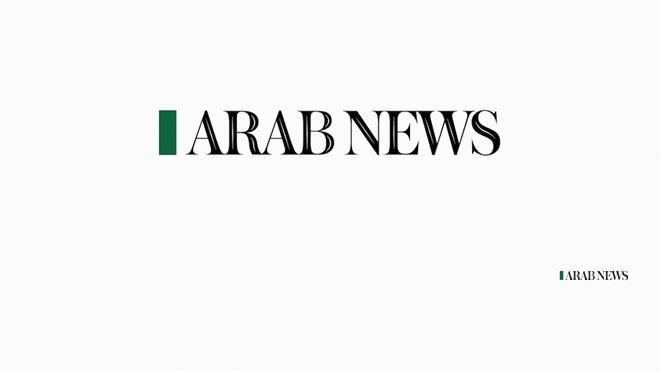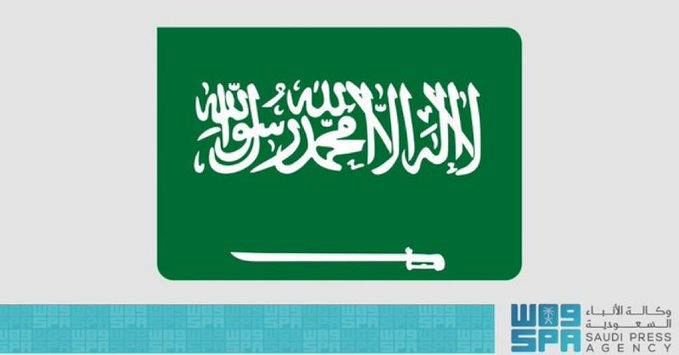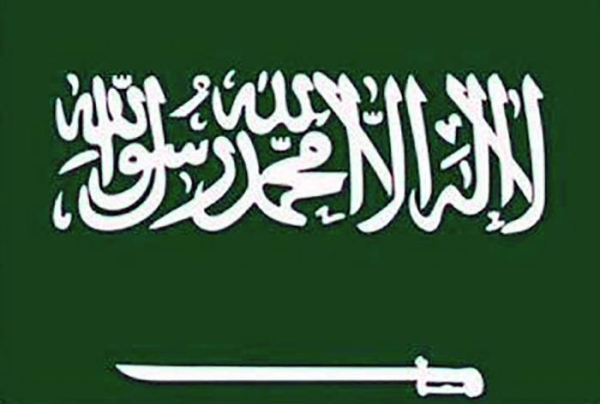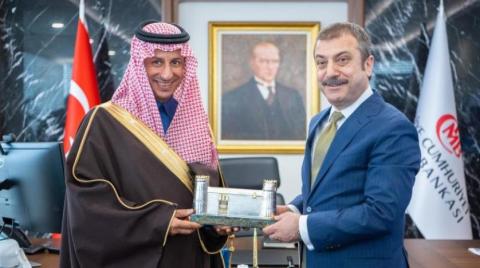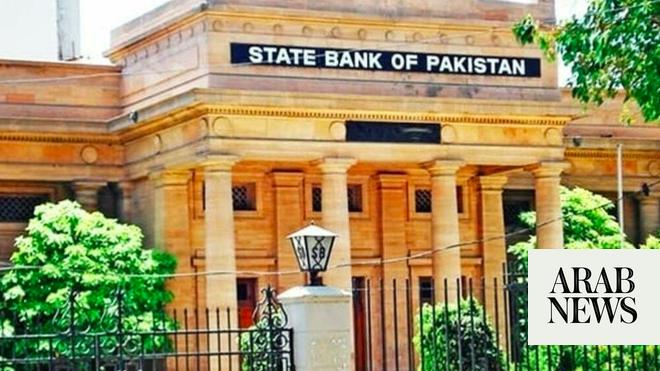
Saudi support comes day before IMF board expected to give final approval for much-needed $3 billion bailout
Impact of Saudi deposit was felt in Pakistani currency and stock markets on Tuesday, which both posted gains
KARACHI: Saudi Arabia has deposited $2 billion in Pakistan’s central bank, Finance Minister Ishaq Dar announced on Tuesday, just a day before the International Monetary Fund"s board is expected to give the final nod to the provision of $3 billion in bailout funds under a stand-by arrangement.
In March, the IMF asked cash-strapped Pakistan to secure financing assurances from friendly states and multilateral donors as a pre-condition to releasing a $1.1 billion tranche from an Extended Fund Facility program that Pakistan entered in 2019. Subsequently, China rolled over a $2 billion loan and Saudi Arabia and the UAE pledged $2 billion and $1 billion respectively.
The IMF deal will unlock more bilateral and multilateral financing in addition to the money from Saudi Arabia, and Dar has said he expects Pakistan’s foreign exchange reserves to rise to $15 billion by the end of the month.
“They [Saudi Arabia] have placed that deposit with the Pakistan State Bank, the amount has come in the account of the State Bank and this will be a direct addition to Pakistan’s foreign exchange reserves,” Dar said in a video message.
Dar said Pakistan’s forex reserves, which closed at $9.6-9.7 billion last Friday, would increase to $11.6-11.7 billion after the Saudi deposit.
“I would like to thank the leadership of Saudi Arabia, particularly King Salman and Crown Prince His Royal Highness Mohammed bin Salman and their leadership for standing with Pakistan at every moment,” Dar said, adding: “They fulfill their role as a true brother of Pakistan.”
Pakistani financial experts also recognised the importance of the deposit.
“It is a very positive development,” Shahid Ali Habib, CEO of Arif Habib Limited told Arab News.
“It reflects the great confidence in Pakistan shown by the Saudi leadership that they have deposited the funds even before the formal approval of the $3 billion program by the IMF board,” he added.
Pakistan expects $25 billion in gross external financing in fiscal year 24 — which runs from July 1 2023 to June 30 2024 — against $15 billion in public debt maturities, including $1 billion in bonds and $3.6 billion to multilateral creditors.
The government’s funding target includes $1.5 billion in market issuance and $4.5 billion in commercial bank borrowing, both of which could prove challenging, although some of the loans not rolled over in FY23 could now return, according to credit rating agency Fitch, which upgraded the country"s rating to ‘CCC’ on Monday.
As expected, the Saudi funding will boost Pakistan’s forex reserves which have plummeted to $4.5 billion, not even enough to cover a month’s import bill. As per the import trend, Pakistan’s average monthly import bill stands at $5 billion.
“The Saudi funding is like a lifeline to Pakistan under current circumstances,” Zafar Sultan Paracha, general secretary of the Exchange companies Association of Pakistan, told Arab News.
“This will boost our reserves position, reduce pressure on the Pakistani rupee and clear the way for further inflows from other sources.”
The impact of the Saudi deposit was felt in the currency and stock markets on Tuesday, which both posted gains after the finance minister’s announcement.
The rupee appreciated by 2.55 rupees ($0.0082) against the US dollar in the interbank market and 1 rupee in the free market.
However, despite the funding flow and the IMF program, currency dealers said they did not project “major fluctuations” in the value of the rupee.
“The funding gap is still huge and our trade deficit remains stubbornly high at 43 percent in the 11 months of the outgoing fiscal year,” Paracha said.
Following Dar’s announcement, the KSE100 Index crossed the 45,000 level for the first time after April 2022.
“After the IMF SBA, the Pakistan stock market has emerged as the best performing market with KSE100 index companies doling out 12.5 percent returns,” Habib said.






